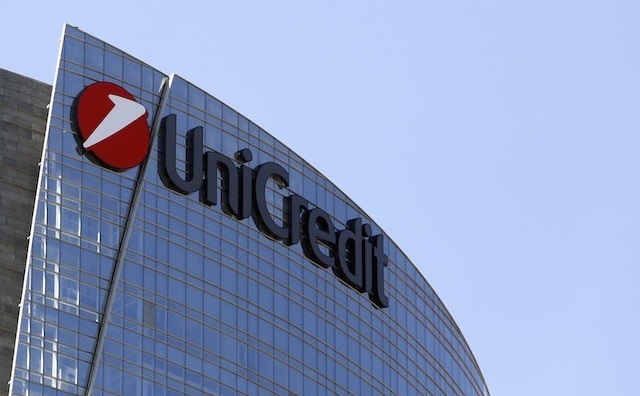
In today's complex and changing global financial and economic landscape, a series of moves by UniCredit have attracted widespread attention in the industry. It is actively expanding its business in Romania, while increasing its stake in Commerzbank, reflecting multiple strategic considerations and predictions about the future economic situation.
Let's start with its expansion in Romania. Romania's economy has shown some dynamism in recent years, as it is an important economy in Central and Eastern Europe, with a growing consumer market, an improving infrastructure and a relatively young and promising labor force. Unicredit is keenly aware of the opportunity here, and by expanding its business, it is poised to expand in several financial services sectors.
In the retail banking business, with the gradual increase in the income level of Romanian residents, the demand for savings, loans, credit cards and other financial products is increasingly strong. Unicredit can rely on its rich product system and mature service experience to provide more diversified and personalized financial solutions for local residents, thereby attracting a large number of customers, increasing retail business revenue, and consolidating its roots in the local financial market.
In the field of corporate financial services, Romania has a large number of small and medium-sized enterprises in the growth stage, which are eager to obtain sufficient financial support for business expansion, technology upgrading and so on. Unicredit can give full play to its financial advantages to provide these enterprises with commercial loans, trade financing and other services, help local enterprises to flourish, but also share the dividends brought by the growth of enterprises, and strengthen its influence in the enterprise side business.
Refocus on its move to increase its stake in Commerzbank. As the largest economy in Europe, Germany has a deep and sound financial market foundation. Commerzbank occupies an important position in the financial system of Germany and even the whole Europe, and its business covers many key sectors such as commercial banking and investment banking.
The increase in shares means that unicredit will be able to have a greater say in the business decisions of Commerzbank in Germany, so that it can deeply participate in the financial business cooperation and competition in Germany and even the wider European market. On the one hand, the two sides can cooperate in cross-border business, such as providing one-stop financial services for multinational enterprises, integrating their network and resource advantages in different countries, optimizing business processes such as international settlement and foreign exchange transactions, improving efficiency while reducing costs, and enhancing competitiveness in the field of international financial services.
On the other hand, in dealing with financial risks, strengthening cooperation through equity ties can achieve risk sharing and resource sharing. In the face of complex and volatile global financial market fluctuations, whether it is interest rate risk, exchange rate risk or credit risk, the two sides can integrate risk management experience and tools, build a more solid risk prevention and control system, and ensure the stable and healthy development of their own business.
At the macro level, unicredit's moves also reflect the trend of consolidation and competition within the European banking sector. In the face of many challenges to economic growth, such as inflationary pressure and the uneven pace of economic recovery, banks try to find new profit growth points through this way of business expansion and equity cooperation, optimize resource allocation, and improve the overall anti-risk ability and market competitiveness.
However, this series of operations is not without risk. To expand business in Romania, it is necessary to deal with the changes of local financial regulatory policies and the intensification of market competition, etc., while to increase the shareholding of Commerzbank, it is necessary to consider the transmission impact of the fluctuations of the German economic situation on its business and the challenges of the integration of corporate culture and business philosophy between the two sides.
However, in general, unicredit's aggressive strategic layout shows its determination to actively explore the future economic development and daring to break through. Its subsequent performance in the Romanian and German markets as well as the entire European financial landscape deserves continuous attention, and also provides a worthwhile case for other financial institutions in strategic planning and business expansion.

On January 4th local time, Trump warned India that if it does not limit its purchase of Russian oil, the United States will continue to raise tariffs on Indian products. Trump's latest warning sent shockwaves through the Indian financial market in just one day.
On January 4th local time, Trump warned India that if it do…
In October 2025, the US trade deficit narrowed unexpectedly…
According to the British media CoinJournal, recently, due t…
In January 2026, US President Trump once again set his sigh…
Europe is facing a crucial strategic choice: In the face of…
On New Year's Day 2026, BMW China announced a "systematic v…